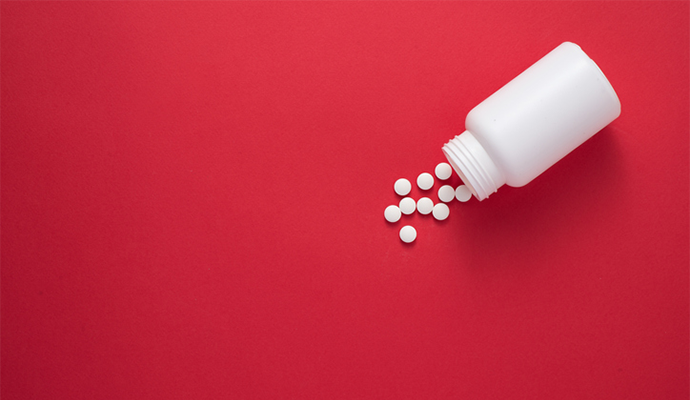AstraZeneca’s COVID-19 Antibody Advances into Phase 3 Trials
The two trials will enroll over 6,000 adults to uncover the safety and efficiency of the company’s COVID-19 antibody treatment.

Source: Thinkstock
- AstraZeneca recently announced that its long-acting COVID-19 antibody combination will advance into two Phase 3 clinical trials at sites in and outside the US.
The first trial will evaluate the safety and efficacy of AZD7442 to prevent infection for up to 12 months in nearly 5,000 participants.
The second trial will evaluate post-exposure prophylaxis and pre-emptive treatment in approximately 1,100 participants, according to the announcement.
Additionally, AstraZeneca will supply up to 100,000 doses of its vaccine starting at the end of 2020 and the US government can acquire up to an additional one million doses in 2021 under a separate agreement.
“This agreement with the US Government will help accelerate the development of our long-acting antibody combination which has the potential to provide immediate and long-lasting effect in both preventing and treating COVID-19 infections,” said Pascal Soriot, chief executive officer at AstraZeneca.
“We will be evaluating the LAAB combination in different settings from prophylaxis, to outpatient treatment to hospitalisation, with a focus on helping the most vulnerable people.”
The government also granted AstraZeneca nearly $486 million for the development and supply of AZD7442 under an agreement with the Biomedical Advanced Research and Development Authority (BARDA)and the Department of Defense joint program executive office for chemical, biological, radiological, and nuclear defense.
AZD7442 is a combination of two LAABs created from convalescent patients after SARS-CoV-2 infection.
The LAABs were created with AstraZeneca’s proprietary half-life extension technology to boost the durability of the therapy for six to 12 months following a single administration, AstraZeneca said.
LAABs mimic natural antibodies and have strong potential to treat and prevent disease progression in patients infected with COVID-19. They may be given as a preventative prior to exposure.
Additionally, LAABs can be combined with vaccines as a prophylactic agent for individuals that are unable to receive a vaccine or to provide additional protection for individuals living in high-risk areas.
This agreement is in addition to previous funding of over $25 million from BARDA and the Defense Advanced Research Projects Agency for the discovery and evaluation of the monoclonal antibodies, as well as the Phase I clinical trial that started in August.
AstraZeneca is planning additional trials to evaluate AZD7442 in about 4,000 patients for the treatment of COVID-19. The trials will begin in the next few weeks.
Throughout the COVID-19 pandemic, AstraZeneca has reported much success with its potential vaccine candidates.
At the beginning of September, the company announced that its COVID-19 vaccine, AZD1222, expanded into a Phase 3 clinical trial in the US to assess its safety, efficacy, and immunogenicity.
The trial, D8110C00001, is funded by the National Institute of Allergy and Infectious Disease (NIAID) and led by AstraZeneca. BARDA also gave AstraZeneca $1 billion for the development, production, and delivery of AZD1222.
Just a week later, AstraZeneca paused the clinical trial of AZD1222 due to an unexplained illness that occurred in the UK Phase III trial.
AstraZeneca stated that it would expedite the review of the single event to minimize any potential impact on trial time, but the company was not able to disclose further medical information.
But just a few weeks after, the company resumed the trial in the UK following confirmation by the Medicines Health Regulatory Authority that it was safe to do so.
AstraZeneca stated that it is “committed to the safety of trial participants and the highest standards of conduct in clinical trials.”
The company will continue to work with health authorities globally and inform the public when other clinical trials can resume to provide the vaccine broadly, equitably and at no profit during this pandemic.
